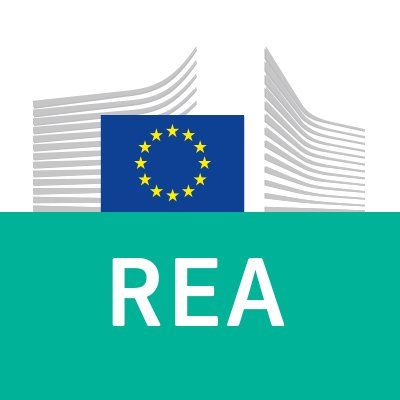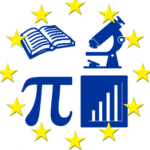 |
 |
The European Research Executive Agency is a funding body for research and innovation. It manages EU research grants.
The REA is a funding body set up by the European Commission to manage EU programmes.
The lifetime of an executive agency is limited and linked to the length of the programmes they manage. A more detailed legal framework for executive agencies is set out in Council Regulation (EC) No 58/2003.
The REA was originally set up in December 2007 to manage parts of the 7th Framework Programme for Research and Technological Development (FP7) which ran from 2007 to 2013. The agency started operating in 2009.
In 2013, the Commission extended REA’s mandate further, delegating a great part of the Horizon 2020 programme to the agency.
In February 2021, the Commission renewed and extended the agency’s mandate once again through the Commission implementing decision (EU) 2021/173 which establishes the six executive agencies. Under the 2021-2027 EU long-term budget, the REA manages several EU programmes and support services.
Responsibilities
Mandated by the European Commission to support the EU Research and Innovation policy, the European Research Executive Agency (REA), funds high-quality research and innovation projects that generate knowledge for the benefit of society. The REA also manages promotion measures concerning agricultural products.
Accordingly, the REA’s responsibilities are to:
- Manage research projects supported under Horizon Europe, the world’s largest framework programme for research and innovation to date, running from 2021 to 2027.
- Manage research projects supported under Horizon 2020, the previous framework programme for research and innovation (2014-2020).
- Implement the European Union programmes Promotion of agricultural products and Research Fund for Coal and Steel, as well as ongoing projects funded under the EU’s 2014-2020 budget.
- Assist funding and tender applicants, beneficiaries and independent experts.
- Manage the European Commission’s Research Enquiry Service, which answers questions from grant applicants, EU-funded researchers and the public.
- Support independent experts evaluating project proposals competing for EU research funds.
- Assist with the legal and financial validation of all European Union programme grants and procurement operations directly funded by the European Commission.







Leave a Reply